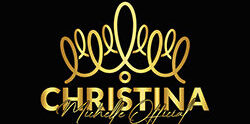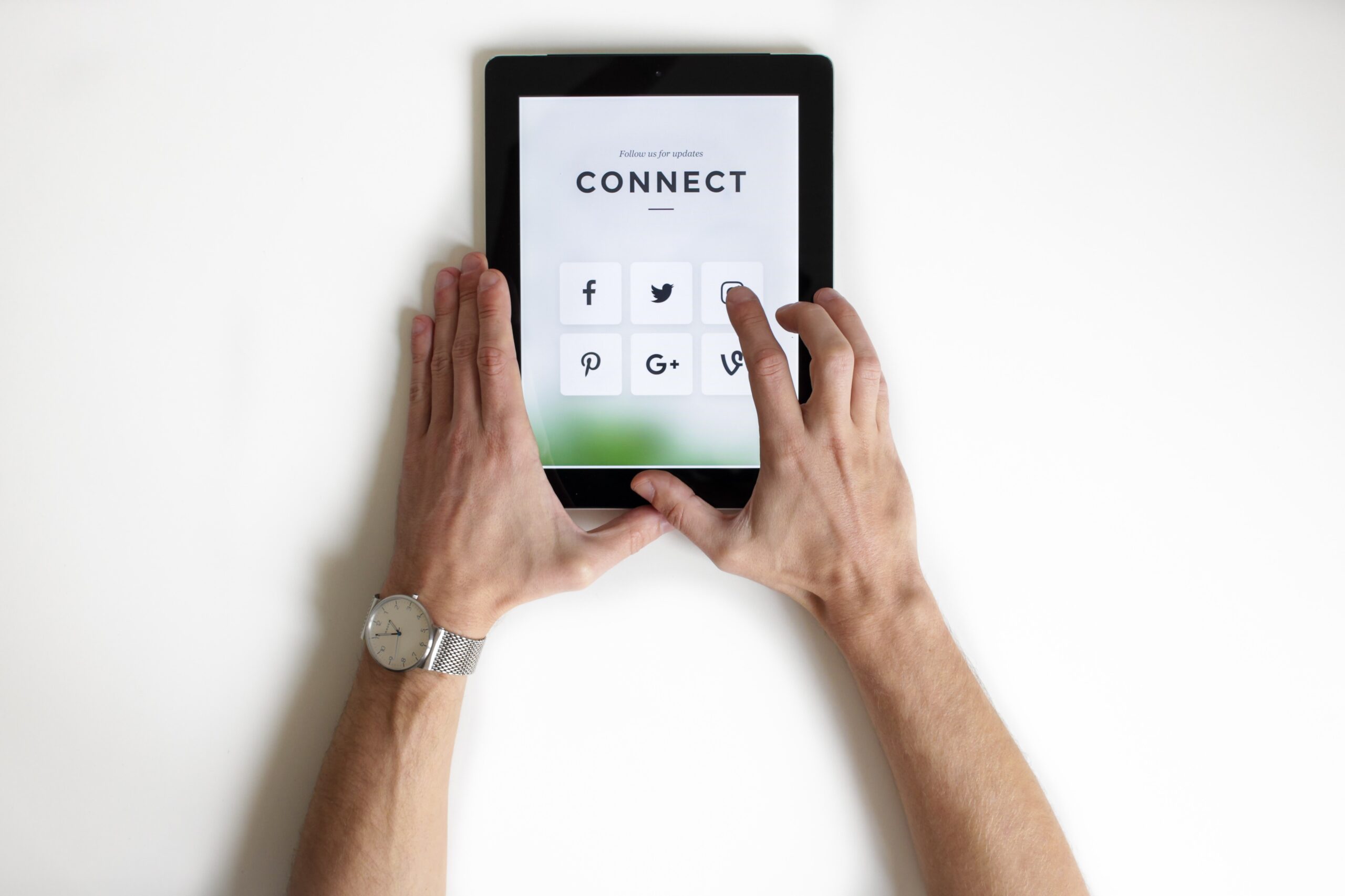Suppression of speech, public discourse, or other information is known as censorship. This could be done if the content is deemed offensive, dangerous, delicate, or “inconvenient”. Governments and commercial organizations can censor content. Self-censorship is the practice of an individual, such as an author or other creator, limiting their works or voice.
Speech, books, music, films, and other forms of art, as well as the press, radio, television, and the Internet, are all subject to general censorship for many ostensible reasons, such as maintaining national security, preventing hate speech, obscenity, and pornography, safeguarding minors or other vulnerable populations, promoting or restricting political or religious views, and stopping libel and slander. Legal systems and/or private groups have different censoring policies and procedures.
Contents
ToggleJustification and critique
Throughout history, censorship has been condemned for being unjust and impeding advancement. Social commentator Michael Landier argues in a 1997 essay on Internet censorship that censorship is ineffective because it keeps people from talking about the subject that is being restricted. Landier continues his argument by saying that those who censor must believe that what they censor is true since people who think they are right would be happy to refute others who have different opinions.
Censorship, such as the removal of content deemed offensive, is frequently employed to enforce moral standards in society. The English novelist E. M. Forster brought up the problem of moral subjectivity and the ever-changing nature of moral ideals. He was a fierce opponent of content being censored because it was deemed filthy or immoral. In 1960, following the trial of the 1928 novel Lady Chatterley’s Lover, Forster wrote:
Supporters have tried to defend it by citing several justifications for the different kinds of material that have been censored:
The removal of content deemed offensive or ethically dubious is known as moral censorship. For instance, this justification is frequently used to restrict pornography, particularly child pornography, which is prohibited and censored in the majority of countries worldwide.
The process of keeping military tactics and intelligence secret and out of the hands of the enemy is known as military censorship. This serves as an anti-espionage measure. Refusing to provide citizens with information amounts to political censorship. This is frequently done to maintain control over the public and restrict free speech that could inspire insurrection.
By using religious censorship, content that a particular faith deems offensive gets taken down. This frequently entails the dominant religion imposing restrictions on the less popular ones. On the other hand, a religion could reject the writings of another if they feel the subject matter is incompatible with their own.
The practice of editors in corporate media outlets interfering to stop information that presents their company or business partners negatively from being published or to keep alternative offers from being made public is known as corporate censorship.
Censorship of the Media
Film
Both national and subnational governments have the authority to impose book censorship, and violators may face legal repercussions. Local and community challenges to books are also possible. Consequently, books may be banned from libraries or classrooms. However, these restrictions usually do not apply outside of such spaces.
Despite their historical or artistic merit, several movies are banned because of shifting racial attitudes or political correctness to prevent ethnic stereotyping and/or offense. As an illustration, consider the now-retracted animated cartoon series “Censored Eleven,” which, while innocent at the time, has since been deemed “incorrect.”
Different nations censor films in various ways. One way to censor films is to impose restrictions on a state citizen or censor the maker. For instance, the Chinese film business censors films about LGBT people. Filmmakers are forced to turn to independent film companies or foreign investors like the “Ford Foundations” for funding.
Music
States, churches, schools, families, merchants, and advocacy organizations have all imposed music restriction, which typically violates international human rights treaties.
Map
Map censorship is frequently used in military contexts. For instance, the method was applied in the former East Germany to make defection efforts more challenging, particularly in the regions close to the border with West Germany. Google Maps also employs censorship, with some regions intentionally left with antiquated images or greyed out or blacked out.
Art
Art’s emotive power makes it both beloved and feared. Art that is destroyed or oppressed may have a deeper message that can be justified.
A London magistrate court ordered the destruction of British photographer and visual artist Graham Ovenden’s pictures and paintings in 2015 due to their “indecent” content, and copies of his work were taken down from the Tate Gallery’s website.
In 1980, an Israeli regulation was passed that outlawed artwork that used the four colors of the Palestinian flag. Palestinians who displayed such artwork or even carried sliced melons with the same pattern on them were imprisoned.
Model ships are an artistic medium for Guantanamo Bay prisoner Moath al-Alwi. Alwi is permitted to use a tiny pair of scissors with rounded blades in addition to the few instruments he has at his disposal, which include shampoo bottles and dental floss. A selection of Alwi’s artwork is on show at New York’s John Jay College of Criminal Justice. Other pieces of art made by other prisoners are also on show at the College.
For some of the prisoners, the artwork on show may be their sole means of communication with the outside world. However, things have changed recently. Guantanamo Bay Military Prison’s artwork will not be permitted to leave the facility due to a new policy implemented by the military. Alwi and the other prisoners’ artwork is now owned by the government and can be destroyed or disposed of in any manner it sees fit. It is no longer the property of the artists.
A little over 300 artists in Cuba are engaged in a legal battle to preserve their artistic freedom against new censorship regulations imposed by the government. Performance artist Tania Bruguera was arrested upon arrival in Havana in December 2018, in response to new regulations that prohibited public performances of music and artwork not permitted by the government. She was freed from custody after four days.
Controlling or restricting the publication or access to information on the Internet is known as internet censorship. Governments or private organizations may carry it out on their initiative or at the government’s request. Self-censorship can occur naturally in people and organizations, or it can be induced by fear and intimidation.
The problems about offline censorship of more conventional media are comparable to those about Internet censorship. National boundaries are less impermeable in the digital sphere, thus citizens of a nation that forbids some material can nonetheless access it through websites housed abroad. Thus, notwithstanding their lack of physical or legal authority over the websites themselves, censors nevertheless should prohibit access to content. This, in turn, necessitates the adoption of Internet-specific technical censorship techniques like content filtering and site blocking.
In addition, a small number of centralized corporations control the Domain Name System (DNS), a crucial part of the Internet. The Internet Corporation for Assigned Names and Numbers is in charge of managing the most popular DNS root (ICANN). When they feel it is essential, they have the authority as administrators to shut down and confiscate domain names; usually, governments give them this directive.
This has been the case with shutdowns of Wikileaks and name-seizure actions, such as those carried out by the Homeland Security Investigations (HSI)-managed National Intellectual Property Rights Coordination Center (IPR Center). Authorities can easily censor the internet since they have the authority to decide what can and cannot be posted online. Although the Internet Architecture Board (IAB) does not endorse these DNS root providers, some academics and activists have begun to use alternative DNS roots.
The underlying dispersed technology of the Internet makes absolute censorship of information exceedingly difficult or impossible to achieve unless the censor has complete control over all computers linked to the Internet, as in the case of North Korea or Cuba. Data havens and pseudonymity, like Freenet, safeguard free expression by employing technologies that ensure content cannot be erased and shield writers’ identities. Technologically adept people can frequently figure out how to get past content blocks.
However, when censors, like those in China, can commit substantial resources to developing and maintaining an extensive censorship system, blocking continues to be a useful way to restrict access to critical content for the majority of users.
Alongside the growth of the Internet and censorship technology, opinions regarding the viability and efficacy of Internet censorship have changed.
One of the founders of the Electronic Frontier Foundation, computer scientist John Gillmore, is quoted in a 1993 Time magazine story as claiming that “The Net interprets censorship as damage and routes around it.”
As the Web is virtually entirely privately owned, “Father of the Internet” Vint Cerf said in November 2007 that he believes government control of the Internet is failing.
“We are confident that the censorship circumvention tool developers will, for the most part, keep ahead of the government’s blocking efforts,” according to a 2007 study that was published in 2009 by the Harvard University-based Beckman Center for Internet & Society. However, the report also stated that “…we believe that less than two percent of all filtered Internet users use circumvention tools.”
However, a 2011 study by Oxford Internet Institute researchers, which was released by UNESCO, concludes that “… control of information on the Internet and Web is certainly feasible, and technological advances do not, therefore, guarantee greater freedom of speech.”
Between November 30, 2009, and February 7, 2010, a BBC World Service survey of 27,973 adults from 26 countries—including 14,306 Internet users—was carried out. Overall, according to the head of the surveying company, the results indicated that:
People consider having access to the internet as a fundamental right, even in the face of concerns about fraud and privacy. Most of them oppose government regulation of the internet because they believe it to be a positive factor.
According to the survey, the majority of Internet users—nearly four out of five (78%—felt that having access to the Internet had given them more freedom. Nearly four out of five Internet users and non-users worldwide said that access to the Internet was a fundamental right, while 53% of respondents thought that “the Internet should never be regulated by any level of government anywhere.” A total of 6 percent provided no view, 29% somewhat disagreed, 9% somewhat agreed, 6% strongly disagreed, and 50% strongly agreed.
In Conclusion
The unrestricted dissemination of information in society is still seriously threatened by censorship and media control. While some contend that content restriction is required to uphold social order and safeguard the public interest, overzealous censorship hinders free speech, discourages innovation, and may support corporate or governmental objectives. Suppressing the media not only threatens democracy in the digital age, when information is more easily accessible than ever, but it also makes it harder for the general population to make educated decisions. Transparency and maintaining a balance between moral restraint and free expression are essential for a healthy society because they guarantee that all opinions are heard and promote an informed and inclusive public conversation.











